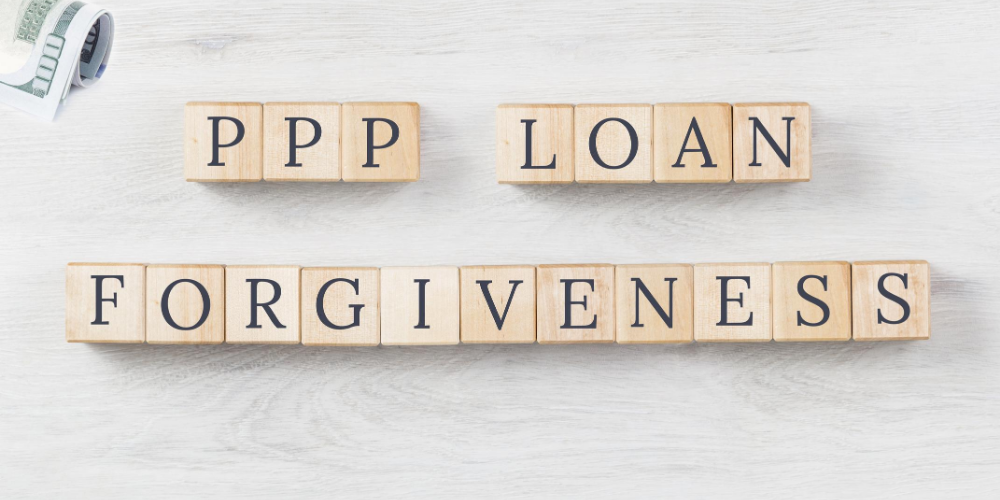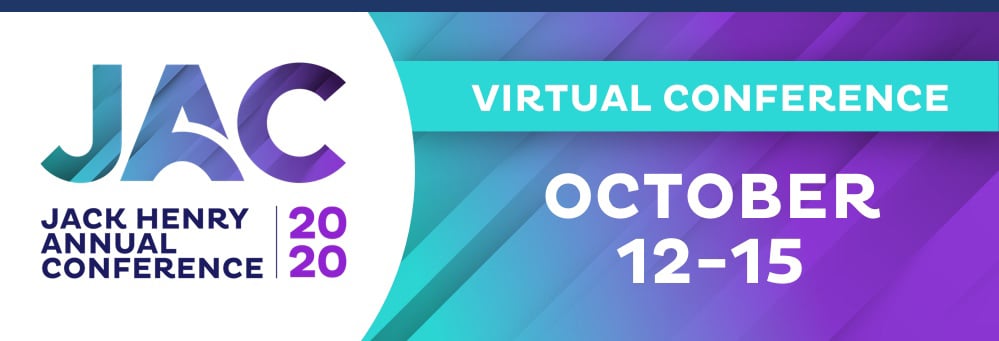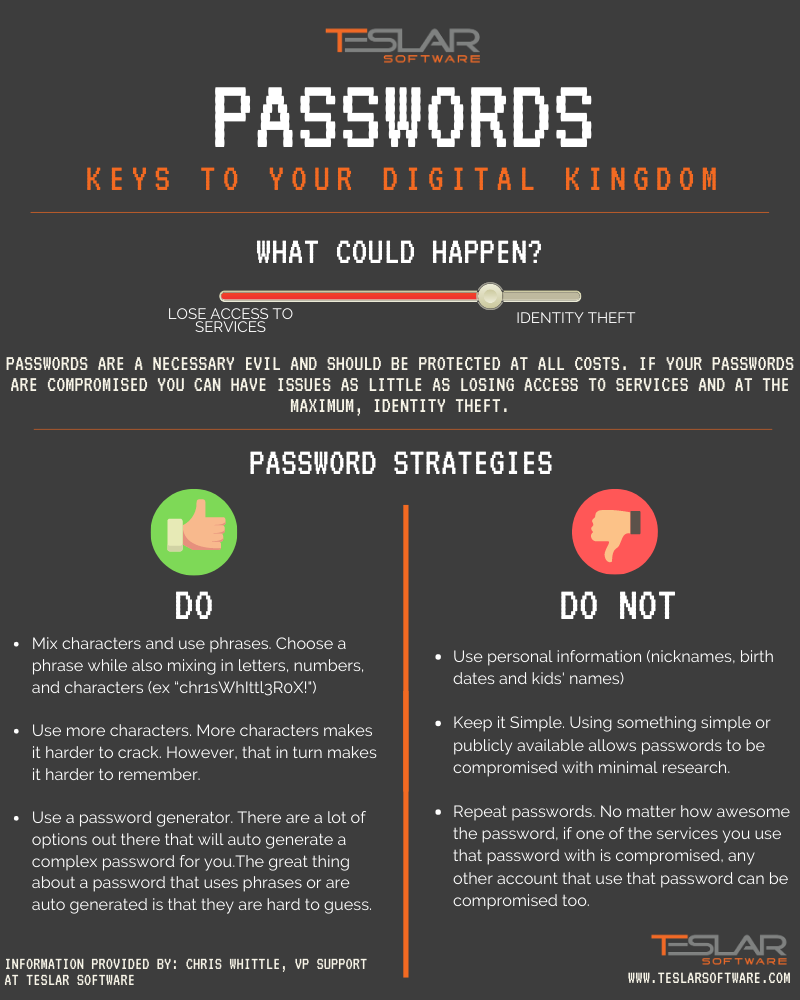Teslar Software: Third Quarter in Review
So far this year has been, quite literally, unbelievable here at Teslar Software. So many great things have been happening and we’re excited to share just a few of those things with you today as we say goodbye to this third quarter of 2020.

.png)








.png)